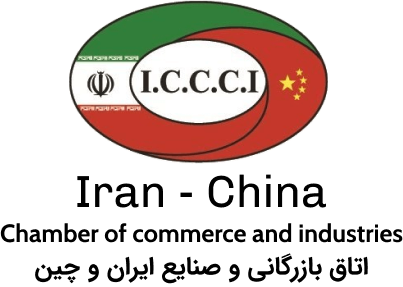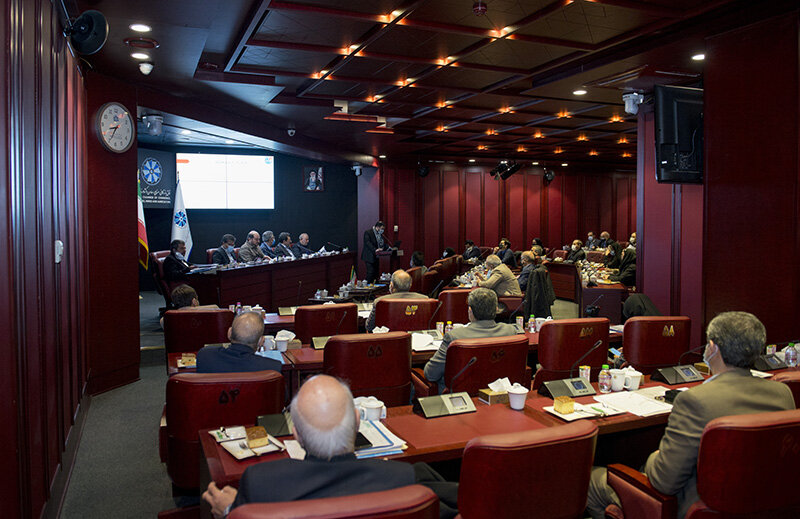The 83rd meeting of the dialogue council of the government and the Tehran Province’s private sector was held on Saturday, in which the representatives of some companies raised issues facing their businesses, the portal of Tehran Chamber of Commerce, Industries, Mines, and Agriculture (TCCIMA) reported.
The meeting was attended by Governor-General of Tehran Province Mohsen Mansouri and TCCIMA Head Masoud Khansari, as well as the representatives of the province’s private sector.
During the gathering, the government and private sector representatives analyzed the raised issues and came up with some solutions to resolve them.
Furthermore, Mansouri made some phone calls to related government organizations including the Industry, Mining, and Trade Ministry, in order to solve some of the problems mentioned by the private sector representatives immediately.
Also, Deputy Chief of Tehran Province Justice Department Masoud Setayeshi proposed some legal solutions to the problems raised by business owners.
Some problems regarding the issuance of industrial operation licenses, re-injection of export revenues, registering requests at the Comprehensive Trade System, and high electricity tariffs for industrial units were among the issues discussed at the meeting.
Back in December 2021, the 82nd meeting of the dialogue council of the government and the Tehran Province’s private sector was held, in which the attendees had discussed issues related to the province’s agricultural sector.
During the December gathering, the government and private sector representatives had analyzed the province’s agricultural sector and called for reforming the water consumption in agriculture as well as focusing on services and exports of agricultural products in the province as priorities for this sector.
Speaking in this meeting, Khansari had also mentioned the national budget bill for the next Iranian calendar year (starts on March 21, 2022) and noted that some decisions made in the budget bill like reducing the government costs and eliminating the allocation of subsidized foreign currency are expected to have positive impacts in the country’s economy if approved by the parliament.





